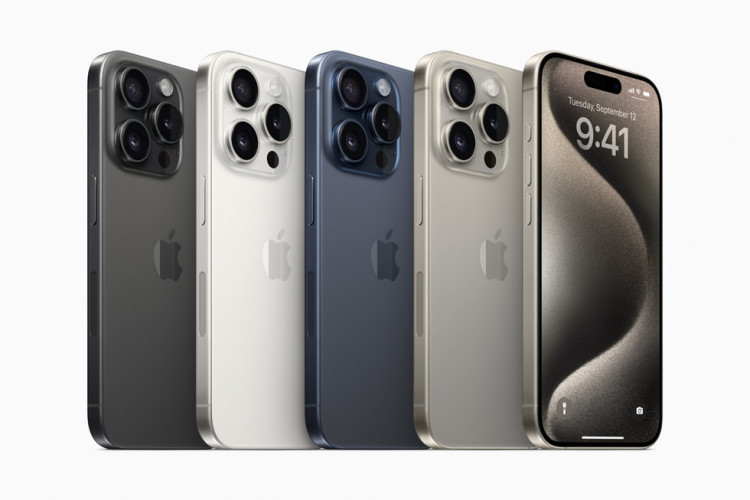The anticipation for the iPhone 16 series is mounting as new reports suggest the models will boast significant hardware and software upgrades aimed at enhancing user experience, particularly in the realm of artificial intelligence (AI) and Siri's functionality.
According to Haitong analyst Jeff Pu, the iPhone 16 models are expected to feature advanced microphones with an improved signal-to-noise ratio, allowing for clearer voice recognition. This hardware enhancement is poised to complement the expected revamp of Siri with generative AI capabilities in the forthcoming iOS 18 update, potentially setting a new benchmark for interactive mobile experiences, as reported by MacRumors.
Apple's commitment to integrating generative AI into its ecosystem was hinted at by CEO Tim Cook, who teased upcoming developments in this area. The integration of generative AI is not limited to Siri but is also anticipated to extend across various Apple applications, including Spotlight, Shortcuts, and Messages, among others. This initiative reflects Apple's broader strategy to embed AI more deeply into its software suite, thereby enriching the overall user experience.
In tandem with the microphone upgrades, the iPhone 16 series is rumored to feature the A18 and A18 Pro chips, which are expected to house a larger Neural Engine. This enhancement is likely to underpin the generative AI features, necessitating a leap in processing power to accommodate the sophisticated computational demands of AI algorithms. Reports from the Taiwanese site Economic Daily News further corroborate the emphasis on AI, suggesting a significant increase in the number of AI computing cores within Apple's new generation of processors.
The implications of these advancements extend beyond the iPhone to other Apple products, including the iPad and MacBook, signaling a company-wide uplift in AI capabilities. The evolution of Apple's Neural Engine, from its inception in the iPhone 8 series to the anticipated expansion in the iPhone 16, illustrates the tech giant's relentless pursuit of efficiency and performance in AI processing.
Moreover, the integration of generative AI into Apple's development environment, Xcode, indicates a strategic move to accelerate software development both internally and for third-party developers. This initiative could revolutionize how applications are created and tested within the Apple ecosystem, offering developers new tools to enhance productivity and creativity.
Amidst these technological advancements, design changes are also on the horizon for the iPhone 16 series. Leaks suggest a potential rearrangement of the camera setup on the iPhone 16 and iPhone 16 Plus models, moving towards a vertical alignment reminiscent of earlier iPhone generations. This design modification is speculated to facilitate spatial video recording, a feature that necessitates simultaneous use of multiple lenses.
As the tech community eagerly awaits the official unveiling of the iPhone 16 series and iOS 18 at Apple's Worldwide Developers Conference (WWDC) in June, the rumored upgrades underscore Apple's commitment to pushing the boundaries of mobile technology. With enhanced AI capabilities, improved hardware, and a possible design refresh, the iPhone 16 series is shaping up to be a pivotal release for Apple, promising to deliver a more intuitive, powerful, and interconnected user experience.






